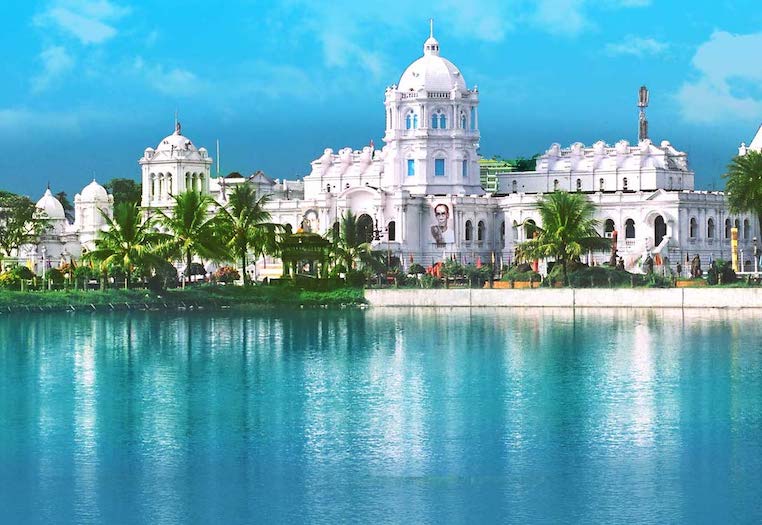Top CSR Projects in Tripura
Related Articles
Captain Cool अब बना टीम इंडिया के पूर्व कप्तान धोनी का आधिकारिक ब्रांड
IPL खत्म होने के बाद धोनी अपने रांची स्थित घर लौट आए हैं और उन्हें कई बार अपनी पसंदीदा कारों औरबाइक्स की सवारी करते हुए देखा गया है। इसी बीच, खबर सामने आई है कि एमएस धोनी ने अपने लोकप्रियउपनाम ‘कैप्टन कूल’ के लिए ट्रेडमार्क आवेदन दायर किया, जिसे स्वीकृति भी मिल गई।
सिर्फ धोनी कहलाएंगे Captain Cool
MS Dhoni Registered Trademark Of Captain Cool: हाल ही में समाप्त हुए इंडियन प्रीमियर लीग...
Will TikTok Be Sold? Trumps’ Deadline and China’s Opposition Raise Doubts
In an interview aired on Sunday night, the U.S. President Donald Trump has claimed that there is a discussion underway to sell TikTok to...
Maharashtra New Chief Secretary: 61 दिन की छोटी लेकिन बेहद अहम जिम्मेदारी पर बैठे राजेश कुमार मीना, बने महाराष्ट्र के नए मुख्य सचिव
Maharashtra New Chief Secretary: राज्य शासन में शीर्ष पदों पर पहुंचना हर आईएएस अधिकारी का सपना होता है, और 1988 बैच के महाराष्ट्र कैडर...

